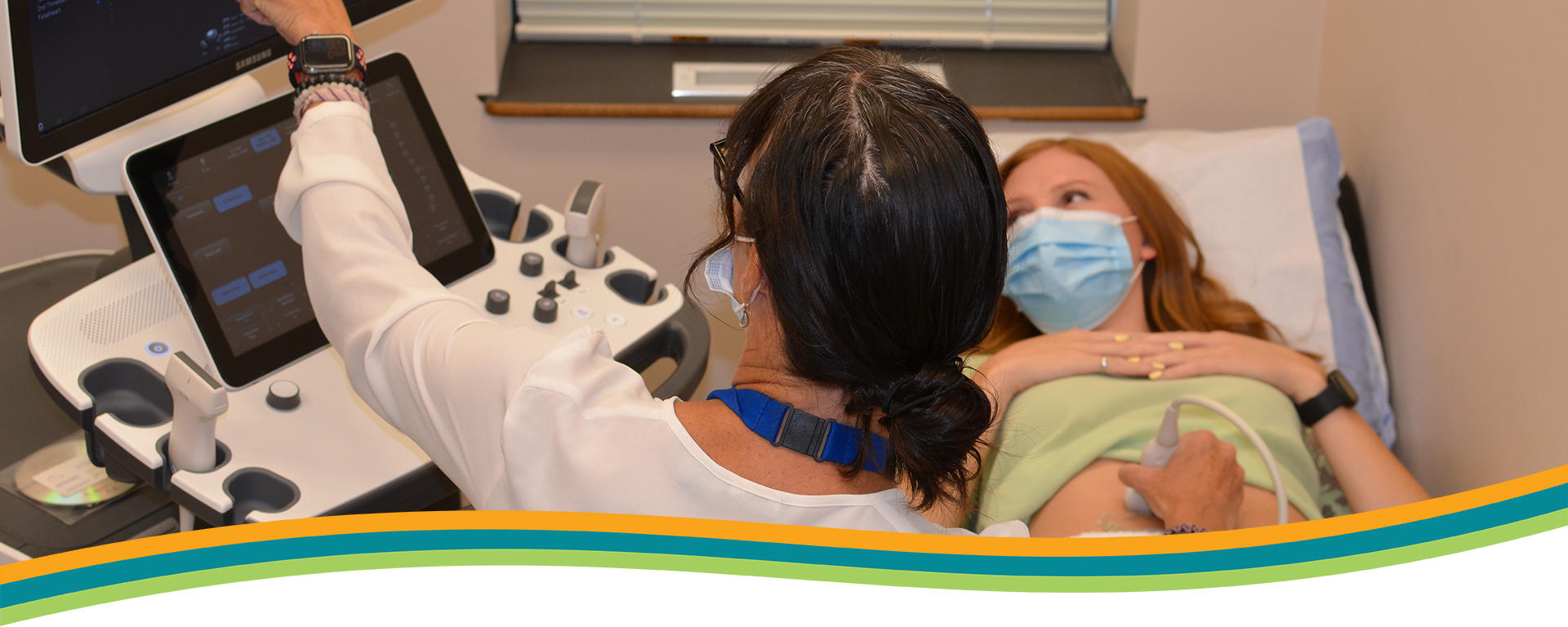As the population ages and the rates of obesity and diabetes rise, so too do the rates of liver disease. Currently, the Canadian Liver Foundation estimates that 1 in 10 Canadians suffers from some form of liver disease. Whether that is in the form of fatty liver, alcoholic liver disease, viral hepatology, or an autoimmune condition such as autoimmune hepatitis, primary biliary cirrhosis or primary sclerosing cholangitis, there is a wide spectrum of diseases and treatments in the field of Hepatology.
There is a vibrant group of hepatologists distributed through 3 of the 4 hospitals in Calgary which each having their own areas of specialization and interest.
Our Program
A Hepatology fellowship at the University of Calgary consists of a year of training, with 1 month of this training being specifically in transplant hepatology and occurring in Edmonton, Alberta. The year consists of 2-3 months of research, and the remainder of the time spent on the wards, seeing consults and caring for transplant patients, and in clinic. Hepatology clinics are organized by the underlying disease, and fellows will gain experience by rotating through clinics in general Hepatology, Viral Hepatology, HCC, autoimmune hepatitis, PSC, Hepatitis B in pregnancy, liver transplantation and NAFLD. Fellows will also be expected to perform endoscopic procedures on a regular basis with the hepatology staff.
Fellows will also be expected to have their own longitudinal clinic, with their own patients, under the supervision of one of the transplant hepatologists. Fellows will also be expected to start, and complete, a research project with one of the hepatologists. Fellows wishing to work in a lab have the opportunity to do so as several of our hepatologists specialize in lab and translational research. Call is home call and occurs at a 1 in 4 frequency. Opportunities to moonlight may be available, assuming necessary credentialing. Funding for this fellowship is available.
The overall goal of the Hepatology fellowship program is to train highly qualified individuals in the field of Hepatology, in order to give them the tools to become clinical and research leaders nationally and internationally.
The typical academic year is July 1-June 30th although alternative start dates are possible. One fellow is accepted per year.


